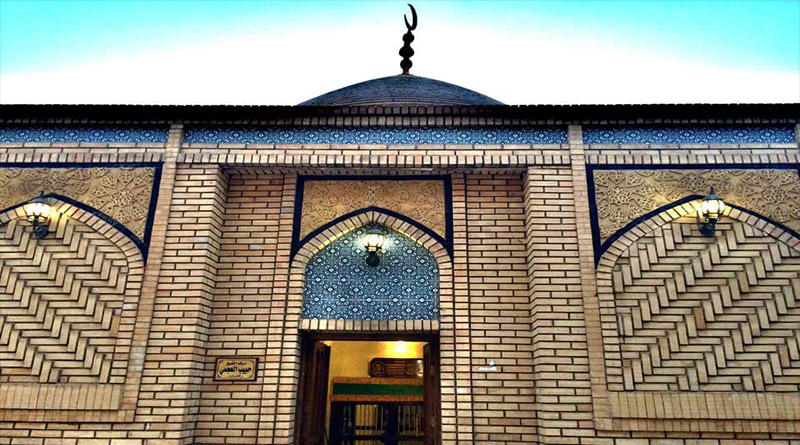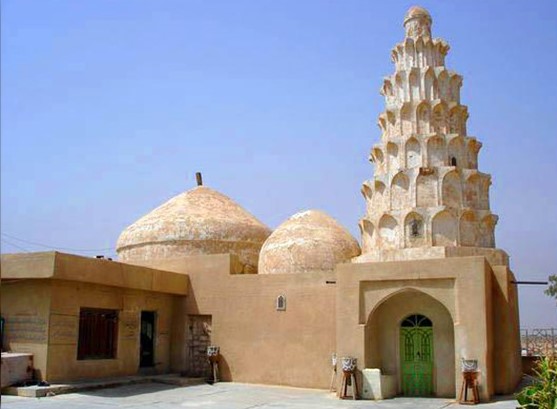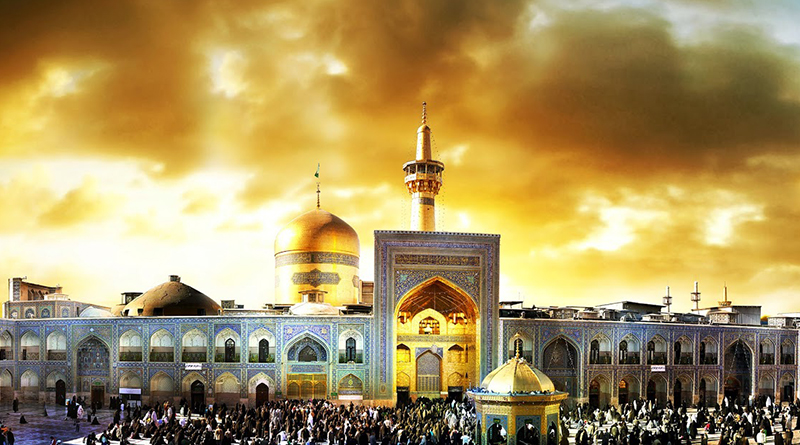The Tariqa: The Noble Muhammadan Actions
The term “Tariqa” is the Qur’anic expression that refers to what the Qur’an alludes to as “Sufism.” Literature dedicated to the subject explains that the term “Sufism” is a complex one, carrying deep and intricate meanings. Perhaps the best way to understand what Sufism represents is to explore the connotations behind the various names given to those who walk the Sufi path. Two of the most widely used terms in Sufi literature are “the mystic” and “Sufi.”
The Origin of the Term “Sufi”
It is important, first, to correct a common misconception among researchers, which is the belief that the term “Sufi” only entered Islamic terminology in later Islamic periods. Refuting this view, Sheikh Abu Nasr al-Sarraj al-Tusi points out that this term was used by Sheikh Hasan al-Basri (may God sanctify his soul), a disciple of Imam Ali Ibn Abi Talib (may God honor his face), and possibly even earlier. It was narrated from Hasan al-Basri (may God sanctify his soul) that he said, “I saw a Sufi during the Tawaf (circumambulation around the Kaaba), so I gave him something, but he did not accept it, saying, ‘I have four daniqs (coins), and that suffices me.'” (1)
The Meaning of Sufism
As for the origin of the terms “Sufi” and “the mystic,” it has been said that the Sufis were called by this name due to their wearing of wool (Suf). There may be a connection between this view and what Ibn Saad mentioned about Imam Ali ibn Abi Talib, to whom the Sufis trace their lineage, saying, “He was marked on the day of Badr by a white woolen garment.” (5) Al-Kalabadhi notes that they were called Sufis because their qualities resembled those of the *Ahl al-Suffa* (the People of the Bench) [In the Prophet’s Mosque], who lived during the time of the Messenger of Allah ﷺ.
Purity and Contemplation in Sufism
Sahl Ibn Abdullah said, “The Sufi is the one who has been purified from all impurities, filled with contemplation, detached from people, and for whom gold and mud are equal.” (9)
Sufism and the Heart
Sheikh Umar al-Suhrawardi says that a Sufi is someone who is in a constant state of purification, always refining his time from the impurities of the self through the purification of the heart from its ego. What helps him in this purification is his continuous dependence on his Lord, and by maintaining this dependence, he is cleansed from impurities. Whenever his ego stirs and shows one of its traits, he recognizes it with his keen insight and flees to his Lord. Through his continuous purification, he maintains unity, and with the movement of his ego comes separation and cloudiness. He stands with his Lord against his self. Allah Almighty said: “Be persistently standing firm in justice, witnesses for Allah.” (Surah Al-Imran: 18)
The Sufi’s Path of Purification
Bishr al-Hafi said, “The Sufi is the one whose heart is purified for Allah.” (11) However, Al-Qushayri holds the view that the term “Sufi” does not have a linguistic origin in Arabic; rather, he suggests it is more like a title. In this regard, he says, “This name has become predominant for this group, so it is said ‘a Sufi man’ and ‘the Sufi group.’ Whoever seeks this path is called ‘Mataswefe (mystic),’ and the group is called ‘matsweafe.’ There is no evidence for this name in Arabic based on analogy or derivation, and it seems more like a title.”
The Nature of Sufism
Sheikh Ibn Hajj al-Tilimsani poetically describes Sufism as follows:
“Sufism is not the wearing of wool that you patch, Nor your weeping when singers sing,”
“Nor shouting, nor dancing, nor ecstasy, Nor a state of madness as if you’ve lost your mind.”
“Rather, Sufism is to purify yourself without impurity, To follow the truth, the Qur’an, and the religion,”
“And to see yourself humble before Allah, Weeping over your sins, sorrowful for them throughout your life.”
The Path of the Sufi
The followers of Sufism have been described with the most beautiful and ideal qualities. Sheikh Junayd al-Baghdadi described the one who walks the path of Sufism as a continuous source of goodness in all conditions, saying, “The Sufi is like the earth; all ugliness is cast upon it, but only beauty comes out of it.” (14)
The Sufi’s Relationship with Allah
Sheikh Abu Bakr al-Shibli (may God sanctify his soul) described the closeness of the Sufi to Allah Almighty, saying, “The Sufi is detached from creation and connected to the Truth, as Allah says: ‘And I have chosen you for Myself.'” (15)
Contentment and Submission in Sufism
Dhu al-Nun al-Misri pointed to the constant state of contentment of those who walk the Sufi path, saying, “The Sufi is one who is not troubled by seeking, nor disturbed by deprivation.” He also said, “The Sufis preferred Allah Almighty over everything, so He preferred them over everything.” (16)
References
- 1 – Al-Tusi – p. 22.
- 2 – Ibn Saad – p. 14.
- 3 – Al-Qushayri – p. 138.
- 4 – Al-Kalabadhi – p. 5.
- 5 – Al-Suhrawardi – p. 43.
- 6 – Al-Qushayri – p. 139.
- 7 – Al-Suhrawardi – p. 44.
- 8 – Al-Tusi – p. 26.
- 9 – Al-Suhrawardi – p. 44.
- 10 – Al-Kalabadhi – p. 5.
Source: *The Path to the Tariqa* – pp. 6-15.




